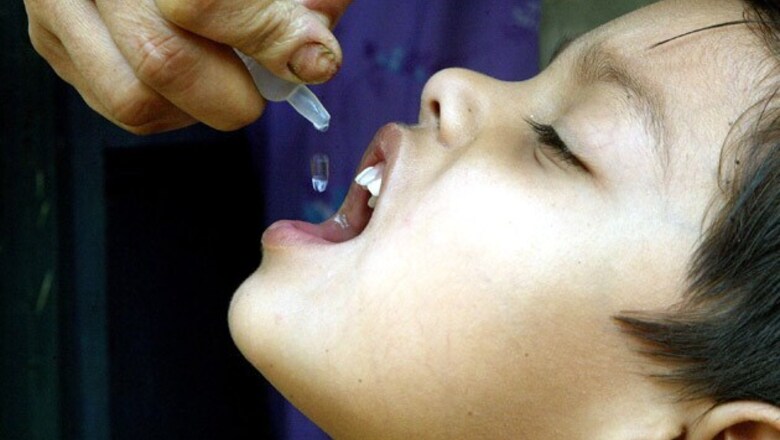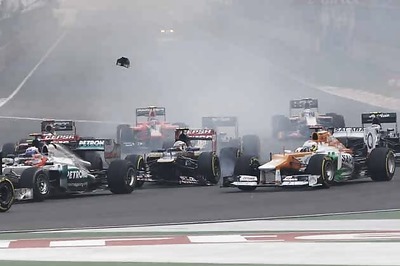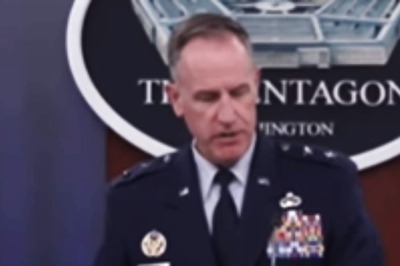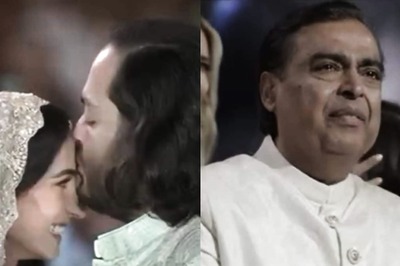
views
New Delhi: Impressed with India's successful effort in polio eradication, Pakistan is keen to emulate the model to achieve polio-free status even as it allayed fears of exporting the virus to the Indian side.
A nine-member Pakistani delegation on Thursday met India's Health Minister Ghulam Nabi Azad and senior officials of the Ministry and took tips on the polio eradication programme.
"We are learning from your country. We hope that this will bring us closer in relationship to India.... The components of your plans are very useful for us. The focus of our visit here was for us to learn first hand from the government officials and partners exactly what it took for India to become polio free," leader of the Pakistan delegation Shahnaz Wazir Ali said.
Ali, who is special assistant to prime minister on social sector, said their visit is in context with Pakistan's efforts on polio eradication and in view of the fact that India has managed to achieve a polio-free status as on January this year.
"We've learnt a lot. It's been very educative, very informative, extremely valuable and very impressive," she said, adding that they were equally impressed with the fiscal and financial effort that the central government put in.
"Our meeting with the Health Minister was very useful. We have invited him to visit Pakistan so that we can have more sharing and exchange of information. We do hope that an exchange of experts can exchange with each other," she said after meeting India's health minister.
Allaying India's fears of polio virus spreading from Pakistan, Ali said there is no risk of the polio virus being exported. She said India shares border with Pakistan's Punjab province, which has reported only one case so far this year.
"There may be concerns on the border. The likeliness of polio virus being exported to India from Pakistan is very low, and historically, it has not happened.... We have also set up polio booths at Wagah border to check this," Ali said.
Allaying India's fears of polio virus export from Pakistan, Ali said there is no risk of the polio virus being exported. She said since India's border with Pakistan is in Punjab, which has reported only one case so far this year.
"There may be concerns on the border. The likeliness of polio virus being exported to India from Pakistan is very low, and historically, it has not happened...We have also set up polio booths at Wagah border to check this," she said.
Ali said the delegation would gain first-hand experience of the campaign with their visit tomorrow to Ghaziabad. Pakistan is among the three remaining polio endemic nations in the world along with Afghanistan and Nigeria. Till May 28, 2012, Pakistan has reported 16 cases of polio, a sharp decline from 198 cases in 2011. The last case was reported from FATA areas on April 18 this year.
Describing the experience as successful, she said, "It was a mission which was to learn about the Indian experience to understand in greater depth and micro-level detail what India had done to cover its children to the level of more than 99 per cent of polio immunisation drops coverage."
She said "the main objectives of the delegation's visit to India, which was facilitated by the Gates Foundation, was really to have a sharing of experiences, but primarily for us to learn first-hand about the scale, the depth, the intensity, the breath, the scope and the components of their plan and activities. This has given us a better understanding of what it takes actually to get universal coverage of immunisation for the child."
She said, "We have understood to a large extent that we would like. We hope we will have opportunities for further meetings. We have understood really the scale and depth of effort that would be required. We also appreciate the contextually specific communication strategies that you have."
Expressing hopes that the Indian experience will help them improve upon their polio policy, she said, "We are on the right track and we are headed there. We will be reaching a point when we can become polio-free. We hope that Pakistan will be polio free within two years.
Earlier addressing the Pakistani delegation, Azad noted that India and Pakistan share numerous similarities and hence concerns too about basic health indicators, maternal and child health, challenges of health services in government sector and shortage of doctors and other health professionals.
Recognising the similarities in issues faced by both the nations in reaching high-risk groups including migrant population, Ali said the strategies adopted by the Indian health authorities and partners in India can serve as guidelines for health interventions in any polio endemic country.
"Over 75 per cent of the polio cases in Pakistan are among the migrant Pashtun community. We are keen to learn from India'ss experience of tracking, mobilising and immunising the migrant population," she said.
India was struck off the list of polio endemic countries in February 2012 after completing over a year without any fresh case of polio.
Ali said that "Those who travel from India to Pakistan are mostly adults. Newborns are usually not crossing the border. So the chances of (virus export) are low."
She said that Pakistan's concern was more to check spread of the virus internally, especially the terrorist-affected areas along the Afghan border, where Pashtoons lived.
On the polio strain which spread to China from Pakistan, delegation member Azra Fazal Pechuho said it was a case of export through construction workers from China who had come to work in Pakistan.
"The export of polio virus from Pakistan is mostly to Afghanistan and vice-versa," Pechuho said.



















Comments
0 comment